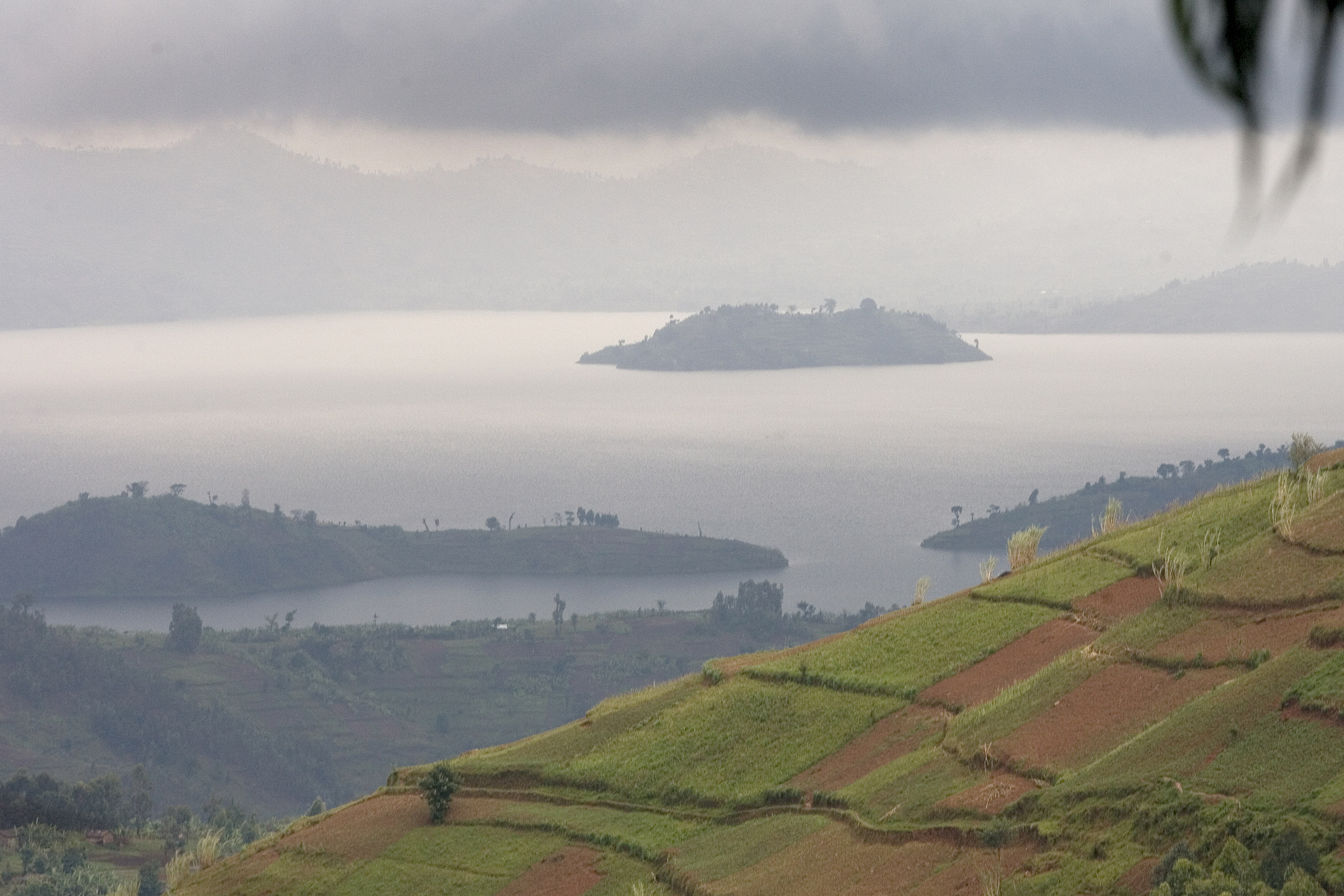Background
Why is WAW needed?
The global farming population is facing a number of interrelated challenges: it needs to adapt to climate change, transition to agro-ecological farming to make agriculture more resilient, and improve food security, nutrition and income. To make such significant and essential changes, investment is needed at farm level. Consequently, family farms require tailored funding products and appropriate policy frameworks to ensure they have the long-term capacity to innovate.
Farms, especially family farms, are highly diverse and generally have limited capital to invest unless they mobilize their own labour force (human capital). Unequal access to assets (natural, physical, social, human or financial) means farmers have varying ability to engage in different types of on- and off-farm activity. To be inclusive, we need to better target investment in all types of farm. If we are to leave no one behind, we must improve our knowledge of small-scale family farming. The type of investment we make today will shape the agricultural systems of the future.

How can WAW help?
Current agricultural information systems have drawbacks that limit their use in policy formulation; there is a lack of comprehensive data and family farmer organizations do not have direct access to the required information, nor the authority to design and implement such systems. We need to look simultaneously at the asset structure of farms, their social make-up (family, gender and youth issues) and their performance, including non-agricultural income.
World Agriculture Watch (WAW) plans to implement a harmonized methodological framework to establish coherent global and local information systems that will provide proper information on the structure and performance of these diverse farms. It will then be possible to develop data sets to better target investment and policy frameworks. Specific support will be given to farmer organizations to strengthen their capacity.


